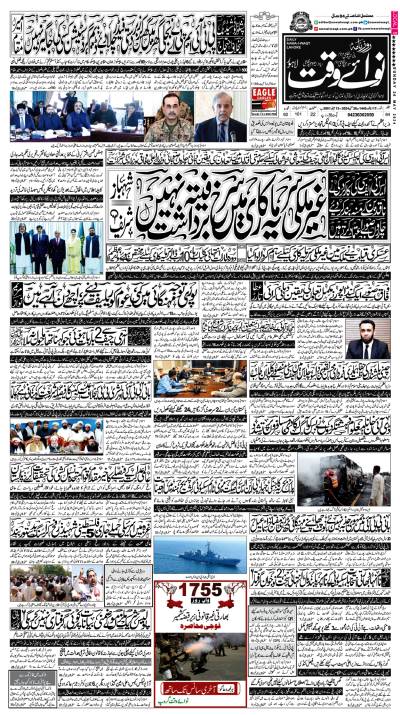ISLAMABAD - Teachers are powerful drivers of social change and they cast deep impact on the construction of thinking and behaviour in the society, speakers said on Saturday.
Renowned thinkers and scholars shared their knowledge and experiences with teachers of colleges and universities from various parts of the country in a two-day interactive academic dialogue held here.
Speakers stressed the need for an in-depth study of the existing literature for an understanding of the prevailing disorder and confusion in Muslim-majority societies. They maintained that intellectual fallacies and delusions can be addressed only through debates and discussions.
The Australian Acting High Commissioner, Brek Batley, also participated in the dialogue virtually. He highlighted positive qualities of the Pakistani society, adding that teachers played key role in social development. The dialogue session was attended by leading scholars and educationists including Professor Fateh Mohammad Malik, former rector International Islamic University, Khurshid Ahmad Nadeem, member Council of Islamic Ideology, Professor Rashid Ahmad, director Shaikh Zayed Islamic Centre, Professor A. H. Nayyar, noted educationist, Zafarullah Khan, former director Pakistan Institute for Parliamentary Studies, Amir Rana, director Pak Institute for Peace Studies, Romana Bashir, Mujtaba Rathore and others. The speakers said that any training programme for teachers should seek to bring changes at three levels: knowledge, teaching methods, and behaviour. On the contrary, the education system in Pakistan lays overwhelming stress on teaching methodology alone. Under the traditional teachers’ training regimes, teachers are just handed a list of qualities which a good teacher is supposed to have. They are expected to develop those qualities in order to become good teachers. Speakers said such a model turns teachers into ‘consumers of knowledge’ instead of ‘producers of knowledge.’ The educational environment in the classrooms in Pakistan is not conducive for promoting social change and progress. The speakers said that promoting quality education as per the requirements of the contemporary age is indispensable for enabling the country to push through challenges and make progress.
Quality education equips the citizenry with the necessary skills to overcome social barriers to national development and prosperity.
Teachers play crucial role in preparing the society to face the challenges of the 21st century successfully. Pakistan can take the path to progress only when critical thinking, questioning, and free expression are encouraged, and culture of observation and experimentation are promoted.
The teachers were encouraged to instil scientific and logical thinking among students. The speakers also said that Pakistan was confronted with a number of serious challenges such as militancy, extremism, sectarianism, etc.
They argued that just opposing extremism was not enough, and that there was a need to study and understand the conceptual bases on which the extremists build their violent narratives. The dialogue session was organised by the Islamabad-based think tank, Pak Institute for Peace Studies.





